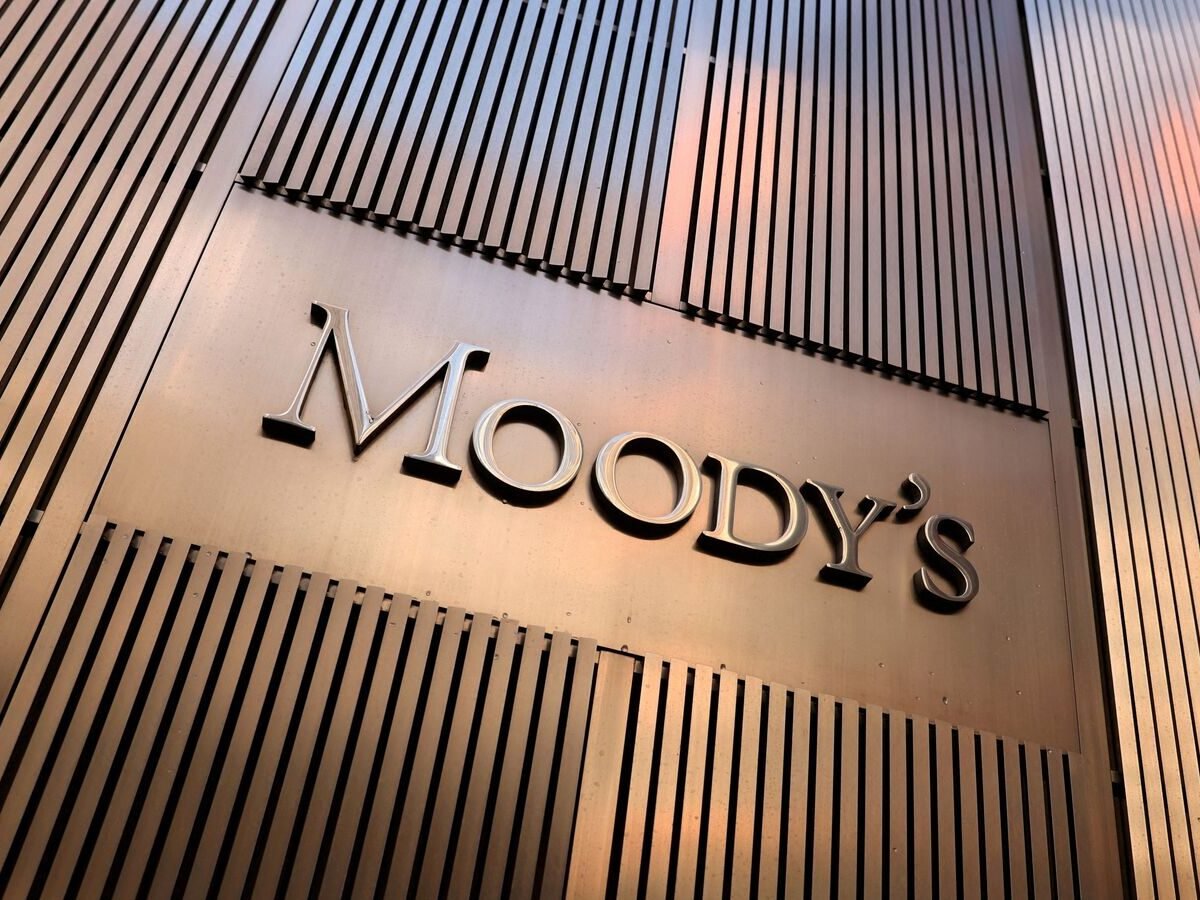Wall Street’s push to sell private-equity and private-debt funds to individual investors risks overheating financial markets and backfiring on firms launching the funds, according to Moody’s Ratings.
Private-fund managers have turned to individual, or retail, investors to offset a decline in money raised from traditional clients such as pensions and endowments. But in a report viewed by The Wall Street Journal, Moody’s warned that selling funds to retail clients will introduce new risks to private-asset managers, including “reputation loss, heightened regulatory scrutiny and higher costs.”
What is more, the Moody’s analysts wrote, the coming surge might even stress the financial system.
“If growth outpaces the industry’s ability to manage such complexities, such challenges could have systemic consequences,” the analysts said. “Private asset managers also face reputational risk if—in a scramble to grow share—credit standards slip or risk management falter [sic].”
The report is a response to the wave of new partnerships and mergers between mutual fund and exchange-traded fund companies and their private-fund counterparts.
Some are moving full speed ahead. State Street has joined with Apollo to launch two ETFs and a target-date fund 401(k) fund while BlackRock spent $27 billion buying private-fund managers and data provider Preqin. Vanguard has announced a more limited partnership with Blackstone to market an interval fund, which limits client withdrawals, that mixes private and public investments and Capital Group is doing the same with KKR.
The firms are developing new products mixing private investments with public stocks and bonds that can be sold quickly if individuals need to access their money. The funds are often sold through financial advisers and wealth managers tasked with ensuring they are marketed to suitable clients and in modest amounts.
There is ample cause for concern, Moody’s says.
Risks for investors
During economic downturns, individuals typically sell their investments and stockpile cash to make ends meet. That will be harder to do if those investors hold stakes in private funds that limit withdrawals.A few large private-fund managers now dominate the market and they often invest in the same deals and in each other’s funds. This makes it harder for individuals to diversify their investments and “this kind of interconnectedness can amplify systemic vulnerabilities.”Some of the investments “funneled” into retail funds may be leftover investments from funds previously sold to institutional investors who wanted to get out. “That raises questions about alignment, transparency and product integrity.”
Risks for fund managers
Retail funds must spend the money they raise quickly to avoid holding too much cash that might weigh down returns. This is a departure from institutional funds, which typically call in clients’ money as attractive deals emerge. Demand is already outstripping deal supply, and “some managers may be tempted to compromise underwriting standards or stretch into riskier assets.”Private funds will have to start trading their holdings more frequently and disclose more details about those investments to accommodate individual investors’ needs. That will make private markets more similar to public ones, reducing the “illiquidity premium,” or the higher returns private funds can charge for holding assets that hardly ever trade and don’t require public financial reporting.If private markets undergo a prolonged period of distress, hurting individual investors, public blowback could be severe.
Write to Matt Wirz at matthieu.wirz@wsj.com





